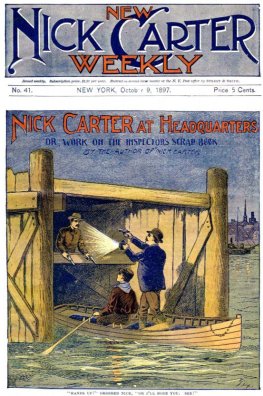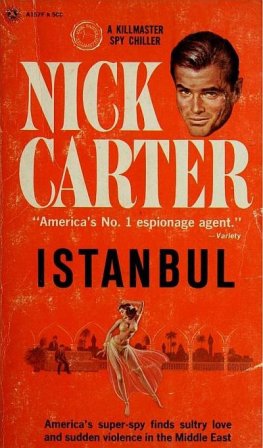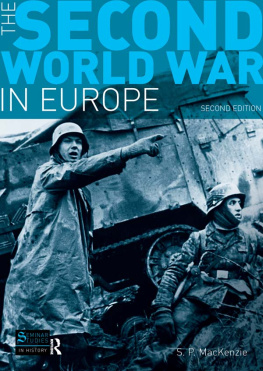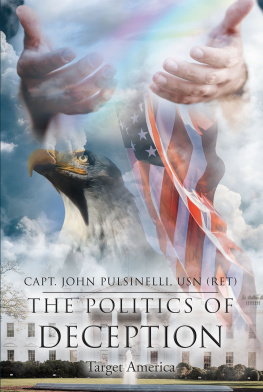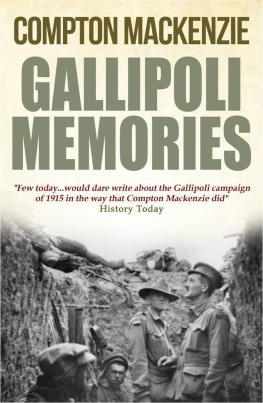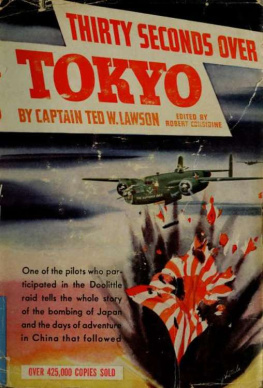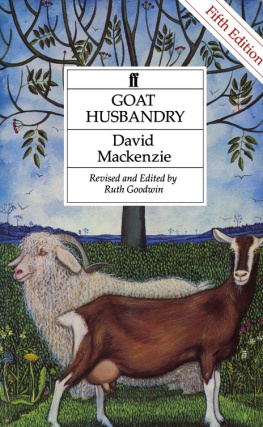This edition is published by BORODINO BOOKS www.pp-publishing.com
To join our mailing list for new titles or for issues with our books borodinobooks@gmail.com
Or on Facebook
Text originally published in 1935 under the same title.
Borodino Books 2017, all rights reserved. No part of this publication may be reproduced, stored in a retrieval system or transmitted by any means, electrical, mechanical or otherwise without the written permission of the copyright holder.
Publishers Note
Although in most cases we have retained the Authors original spelling and grammar to authentically reproduce the work of the Author and the original intent of such material, some additional notes and clarifications have been added for the modern readers benefit.
We have also made every effort to include all maps and illustrations of the original edition the limitations of formatting do not allow of including larger maps, we will upload as many of these maps as possible.
ON THE BORDER WITH MACKENZIE
OR
WINNING WEST TEXAS FROM THE COMANCHES
BY
CAPT. R. G. CARTER, U.S. ARMY, RETIRED
THE DRAGOON BOLD (POEM)
Oh, the dragoon bold, he scorns all care,
As he goes around with his uncropped hair,
He spends no thought on the evil star
That sent him away to the border war.
His form in the saddle he lightly throws
And on the moonlight scout he goes,
And merrily trolls some old time song
As over the trail he bounds along.
Oh, blithe is the life a soldier leads
When a lawless freedom marks his deeds,
And gay his path oer the wildwood sod
Where a white mans foot hath never trod.
ILLUSTRATIONGENERAL RANALD S. MACKENZIE
FOREWORD BY J. C. DYKES
CAPTAIN CARTERSOLDIER
Robert Goldthwaite Carter is one of the half-forgotten heroes of the Indian wars in Texas. As a young officer in the Fourth Cavalry he had a major role in assisting General Ranald Mackenzie to clear the Llano Estacado (High Plains) of Texas of Indians, thus opening up a vast area to settlement. He was awarded the Congressional Medal of Honor for most distinguished gallantry in action against the Indiana on the upper Brazos on October 10, 1871. Carter was a Second Lieutenant at this time and was brevetted a First Lieutenant for his gallantry. In 1873 (he was not actually promoted to First Lieutenant until 1875), he was brevetted Captain for gallant services in action on the Mackenzie punitive invasion of Mexico. The Indians, who had constantly harassed the Texas frontier by their raids across the Rio Grande, were badly defeated and the Southwest border country made much safer for ranchers and settlers.
The State of Texas took an unprecedented action following the Mackenzie raid:
Whereas reliable information has been received that General Ranald Mackenzie of the U.S. Army, with the troops under his command did on the 19 th day of May, 1873, cross the Rio Grande into the Republic of Mexico and inflict summary punishment upon a band of Kickapoo Indians, who, harbored and fostered by the Mexican authorities, have for years past been waging a predatory warfare upon the frontier of Texas, murdering our citizens, carrying their children into captivity, and plundering their property: therefore,
Resolved by the Senate of the State of Texas, the House concurring, That the grateful thanks of the people of our State, and particularly the citizens of our frontier, are due to General Mackenzie and the troops under his command for their prompt action and gallant conduct in inflicting well merited punishment upon these scourges of our frontier.
Resolved, That his Excellency the Governor be, and he is hereby, requested to forward a copy of these resolutions to General Mackenzie and the officers and troops under his command.
The joint resolution was officially signed by the Governor and copies were sent to Mackenzie and the Fourth. Here we have a State thanking a Federal officer for his unauthorized invasion of a sister and friendly republic.
Captain Carter is not specifically mentioned in the joint resolution, but the fact that he was brevetted for his conduct indicates the importance of his role. Incidentally, it was this brevet that entitled (a matter of military courtesy and usage) Carter to the title Captain since his permanent rank was never higher than First Lieutenant.
Many years later (1928) a bronze tablet was placed over the fireplace in the lobby of the Spur Inn, Spur, Texas, to commemorate The Mackenzie Trail. The Inn was built on the Trail used by Mackenzie on his expeditions against the Indians. Captain Carter is honored in these words, Captain Robert G. Carter, formerly Fourth U.S. Calvary, is especially worthy of honor because of serious and permanent injuries received in action against the Indians on what is now the Spur Ranch, compelling his early retirement from active service.
Despite such recognition, Carter is practically an unknown today among the school children of Texas. Mackenzie is not much better known in a State that owes him much.
Robert Goldthwaite Carter was born in Maine on October 29, 1845 and grew up in Maine and Massachusetts. He came of fighting stock as at least twenty of his ancestors served in the Colonial, French and Indian, and Revolutionary Wars. At the first call for volunteers in 1861 Bob Carter tried to enlisthe tried again in 1862 but on both occasions he was turned down as being under-age. Later in 1862 he told the recruiting officer that he was eighteen, the legal age, and was accepted. He began his services as a private in Company H, 22 nd Massachusetts Volunteer Infantry. The 22 nd Mass. lost 216 men by death on the battlefield and gained the reputation of being one of the best fighting regiments in the Army of the Potomac. Bob Carter was the youngest of four brothers in the Army of the Potomac and between them they participated in every campaign and major battle from the first Bull Run to the surrender at Appomattox. Captain (Brevet Major) Eugene Carter was a graduate of West Point, class of 61; John H. Carter rose to the rank of sergeant in the artillery while still another brother, Walter, became a sergeant-major. Bob Carter was cited for good conduct but due to his youth received no promotion or brevetshe was mustered out on October 4, 1864.
Bob Carter entered West Point on July 1, 1865 and graduated June 5, 1870. While a cadet he was a corporal, sergeant, and first lieutenant in the cadet battalion. On August 4, 1869 he saved the life of a young lady from drowning in the Hudson River at the risk of his own life. After graduation leave he reported to the 4 th U.S. Cavalry in Texas. His career in Texas is covered in detail in this book. But, it was soon over.





